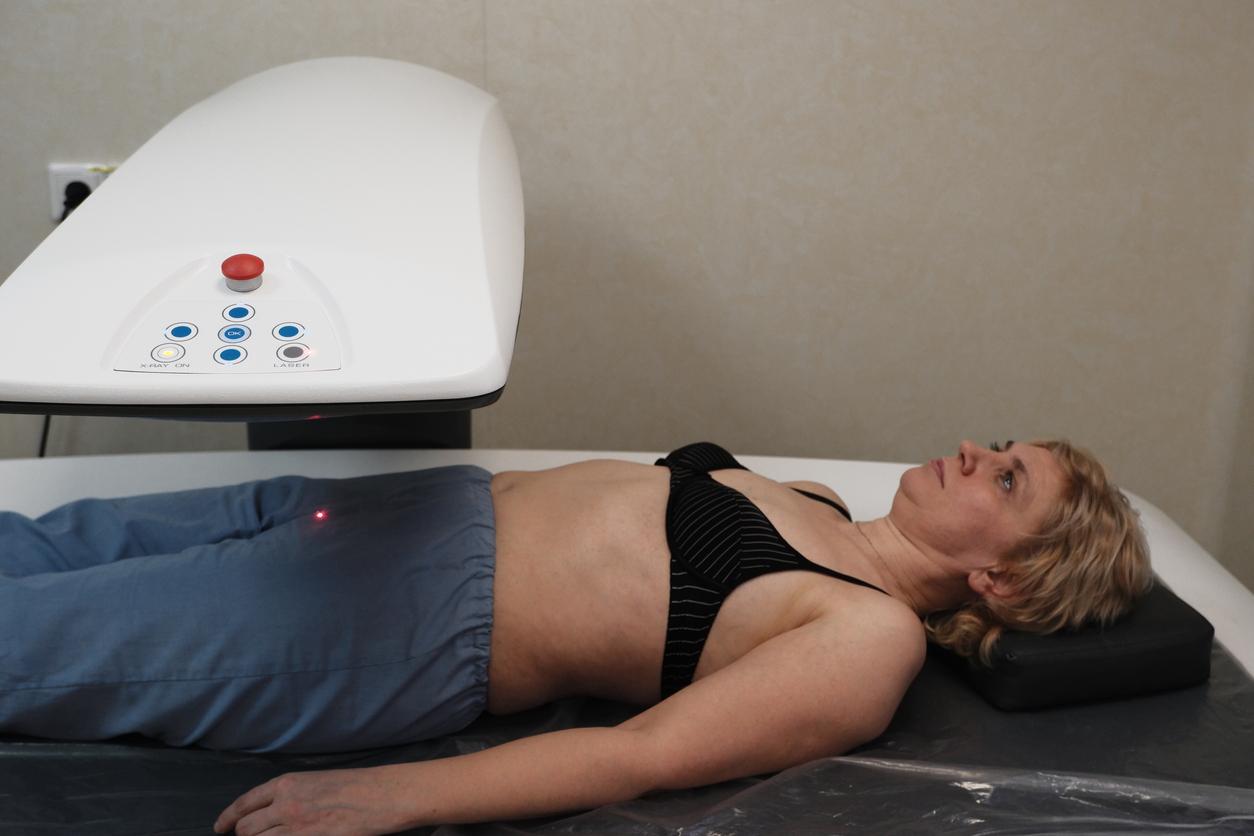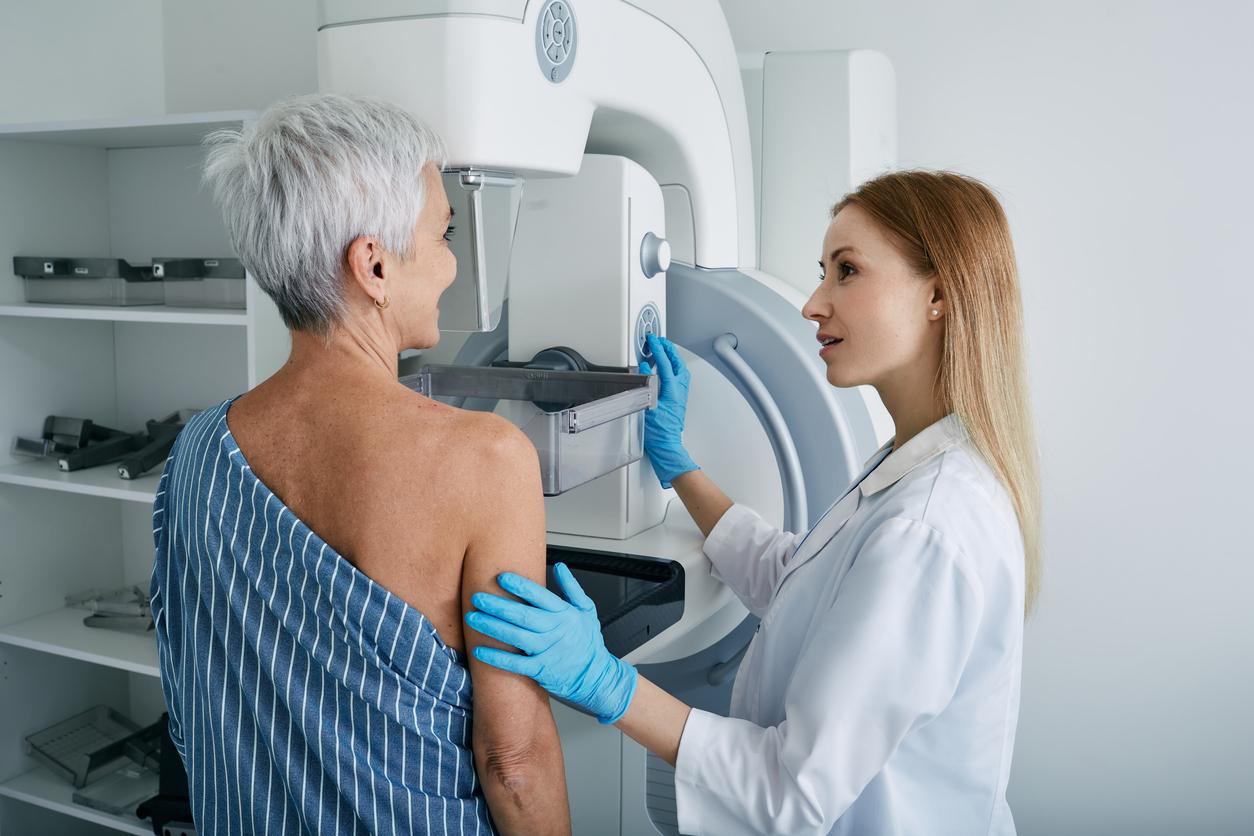Following the recommendations of the High Authority for Health (HAS), seven new pathologies have been included in the screening of each newborn since January 1, 2023.

- The pediatrician performs a thorough examination of a baby before its eighth day to look for any abnormalities that may have gone unnoticed during the birth examination.
- Screening for neonatal hearing loss is also offered during the first days of a newborn’s life.
In the two to three days following a birth, neonatal screening is offered to the parents of a newborn. This series of tests makes it possible to quickly detect and treat rare, severe and often genetic diseases.
Screening carried out at the maternity ward or at home
Newborn screening is based on taking a few drops of blood, usually from the heel. It can be performed in the maternity ward or by a midwife at the newborn’s home.
Until then, five diseases were sought during sampling: phenylketonuria, cystic fibrosis, congenital adrenal hyperplasia, MCAD deficiency (Medium-Chain-Acyl-CoA-Dehydrogenase), congenital hypothyroidism and sickle cell disease.
New pathologies included in neonatal screening
In 2020, the High Authority for Health (HAS) had unveiled recommendations concerning an extension of the diseases sought during neonatal screening. Since January 1, 2023, seven new rare pathologies have been integrated into the national screening program:
- leucinosis, which is manifested by difficulty in eating, prolonged sleep time, vomiting, then neurological cerebral disorders and respiratory failure;
- type 1 tyrosinemia which is damage to the kidneys and liver;
- isovaleric aciduria which causes acute disorders at birth such as vomiting or convulsions, or later disorders such as growth and/or development delay;
- glutaric aciduria type 1 which induces acute neurological disorders in infants;
- long-chain fatty acid 3-hydroxyacyl-coenzyme A dehydrogenase deficiency resulting in hypoglycaemia occurring in early childhood that can cause liver and heart damage;
- homocystinuria which is an anomaly of vitamin B12 which is characterized by anemia, cerebral neurological damage, or even developmental delay;
- carnitine uptake deficiency which is responsible for cardiac damage in early childhood, often accompanied by hypotonia, growth retardation, recurrent hypoglycaemic attacks and/or coma.


















